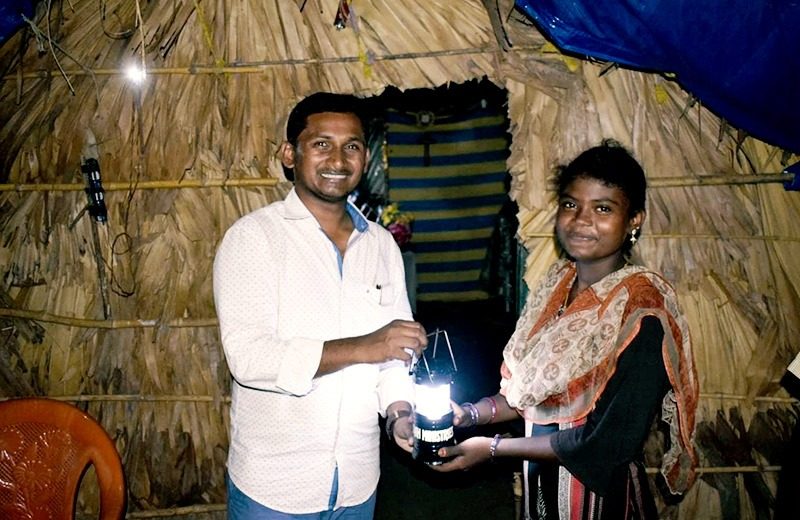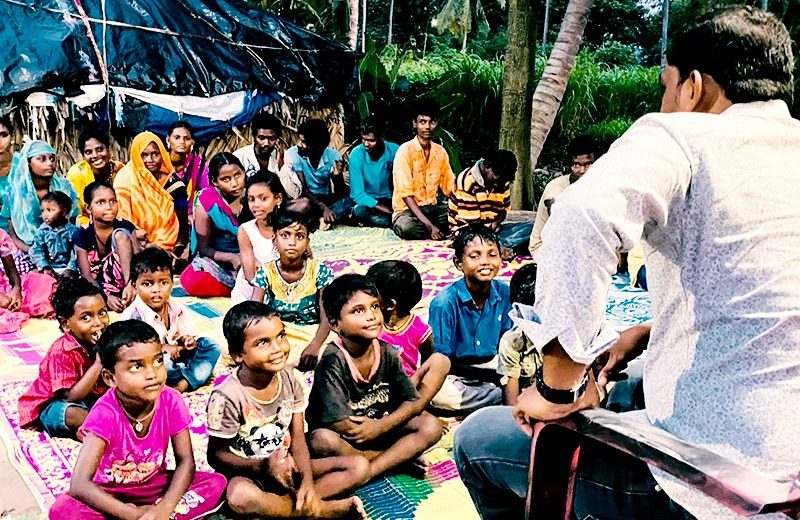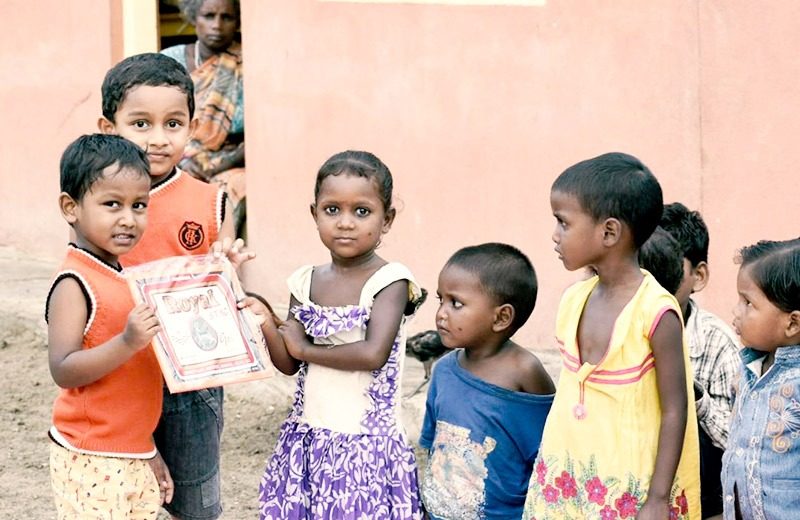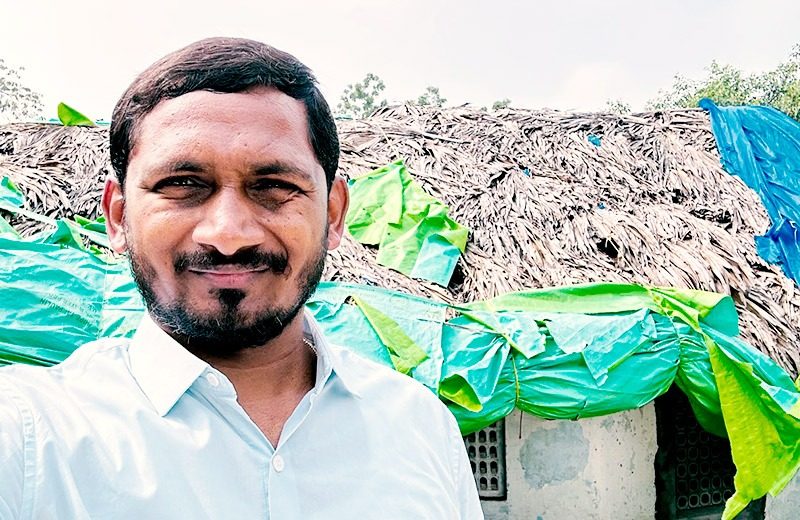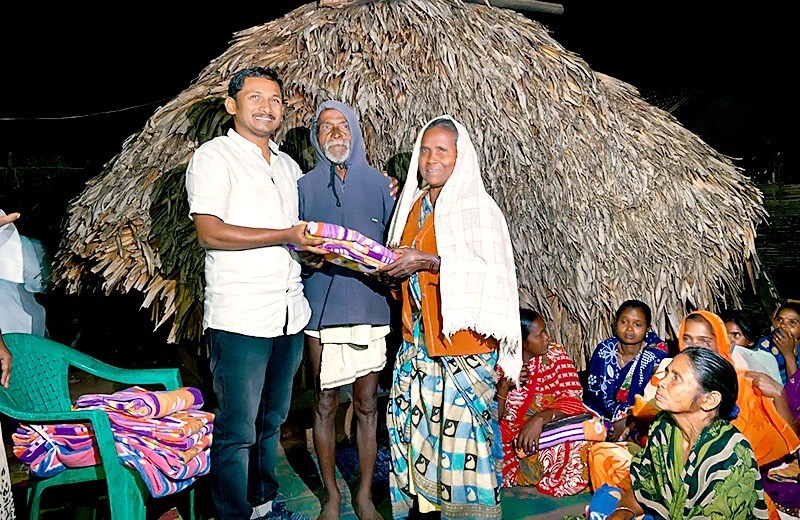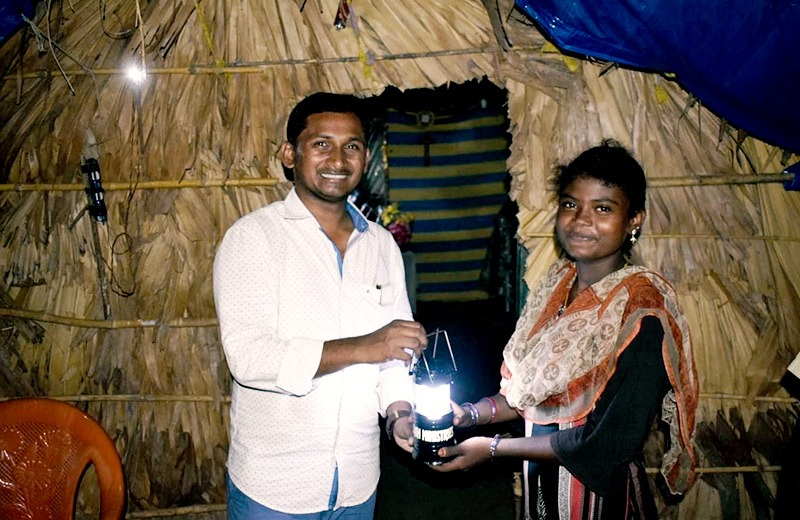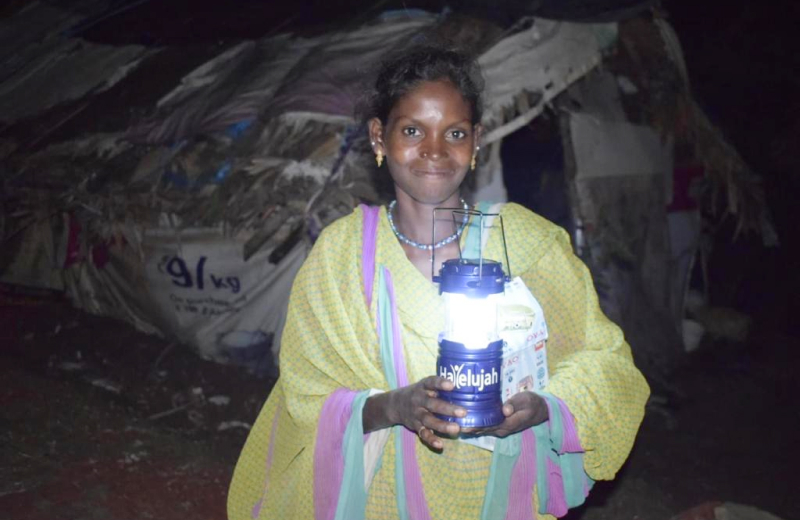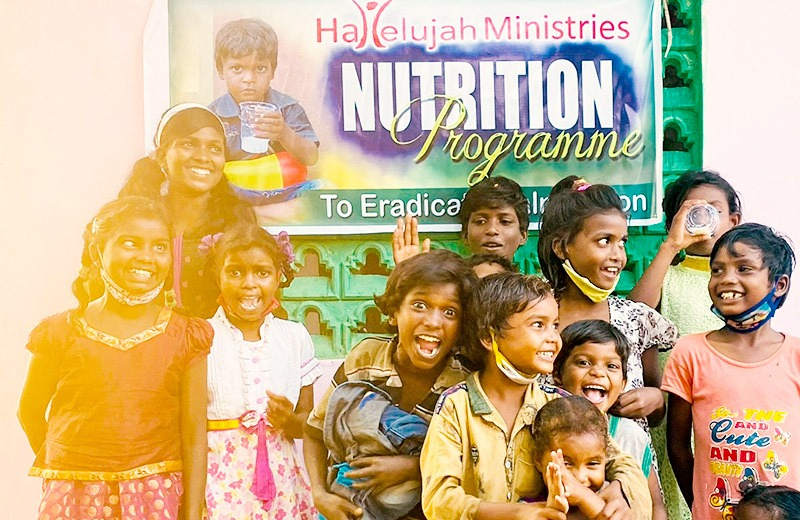Overview
The Yanadi tribal community is an indigenous group residing primarily in the state of Andhra Pradesh, India. With a unique cultural heritage and a rich history, the Yanadi people have carved out their identity in the diverse tapestry of India's tribal communities.
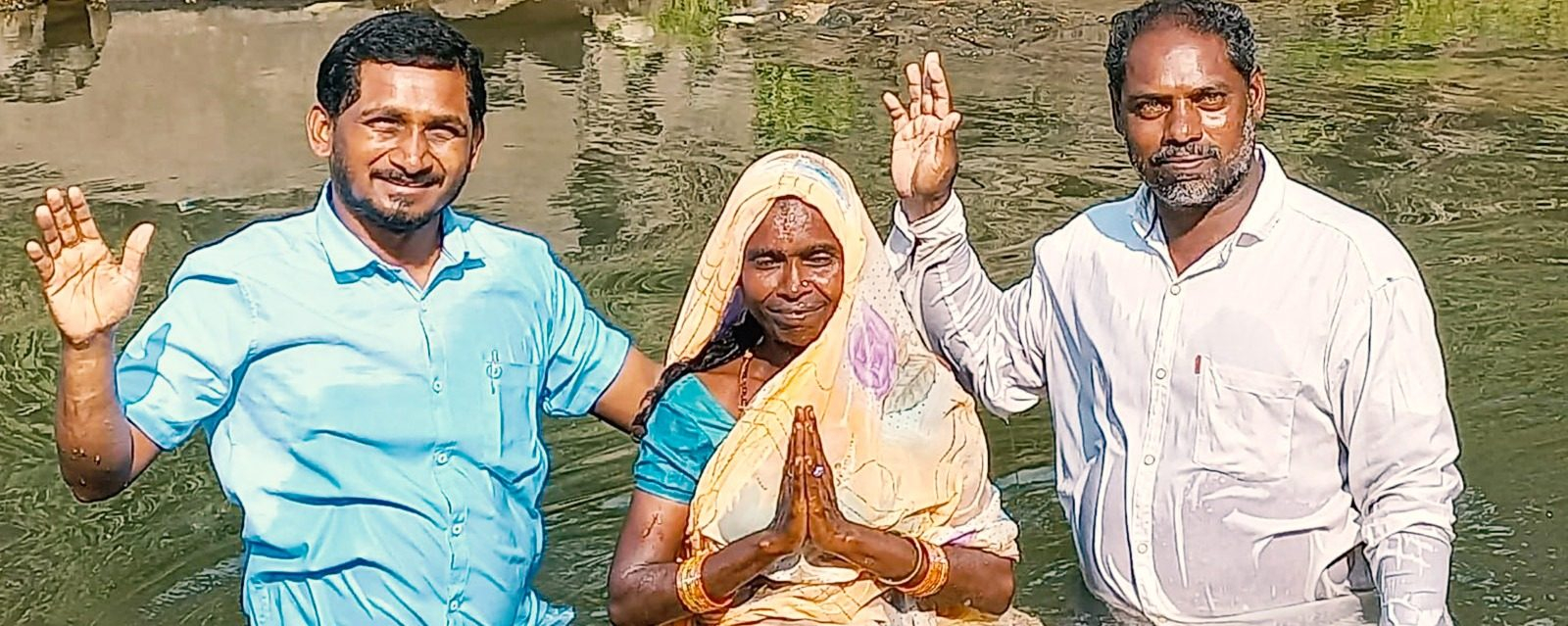
Origin and History
The Yanadi community traces its roots to ancient times, and their history is intertwined with the geographical landscape of Andhra Pradesh. Believed to be one of the ancient tribes of the region, the Yanadis have inhabited the forests, hills, and riverbanks for centuries. Their traditional occupations were often linked to the natural resources of the region, including hunting, gathering, and related to agriculture.
Lifestyle and Culture
The Yanadi people have a distinctive way of life, shaped by their close connection to nature. Traditionally, they lived in small, close-knit settlements within or near forests and by the river,canal sides. Their cultural practices include unique forms of dance, music, and rituals that reflect their spiritual beliefs and connection to the environment. The Yanadi language, a Dravidian language, is part of their cultural heritage.
Livelihood Challenges
Their livelihood revolves around selling honey from the jungles, and they maintain a considerable distance from mainstream society.
Socio-economic Conditions
Despite the rich cultural heritage, the Yanadi community has faced socio-economic challenges over the years due to their untouchability. Historically marginalized, they have struggled with issues such as poverty, lack of access to education, and limited healthcare facilities. Efforts have been made by both governmental and non-governmental organizations to address these challenges and uplift the community.
Livelihood and Traditions
Traditionally, the Yanadi people were skilled hunters and gatherers. Over time, their livelihoods have diversified, incorporating activities such as agriculture and labor. However, economic hardships persist, and many Yanadis continue to face challenges in securing a sustainable income. Efforts to promote education and vocational training aim can empower the community economically.
Preservation of Cultural Heritage
Despite facing challenges, the Yanadi community is actively involved in preserving its cultural heritage. Traditional art forms, rituals, and oral traditions are passed down through generations, helping to maintain a strong sense of identity. Cultural festivals play a crucial role in fostering a sense of community and pride among the Yanadi people.
Government Initiatives
The government of Andhra Pradesh, along with various non-governmental organizations like Hallelujah Ministries, has implemented initiatives to improve the socio-economic conditions of the Yanadi community. These include education programs, healthcare facilities, and efforts to integrate them into mainstream society while respecting their cultural distinctiveness.
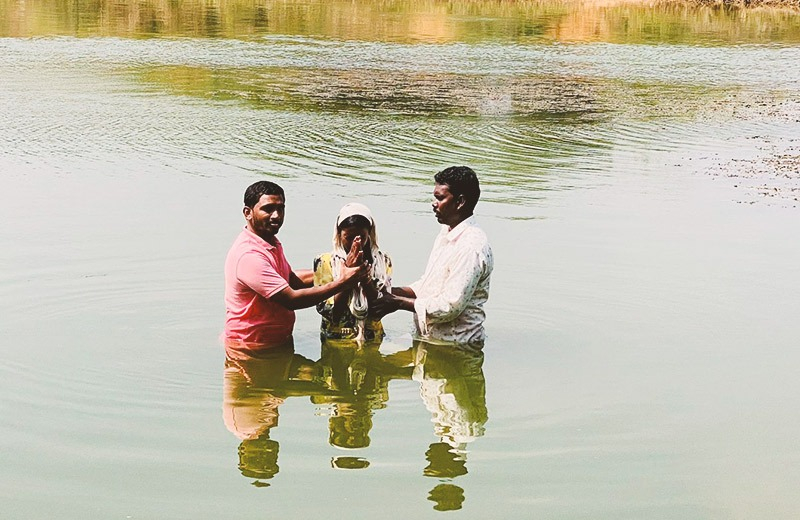
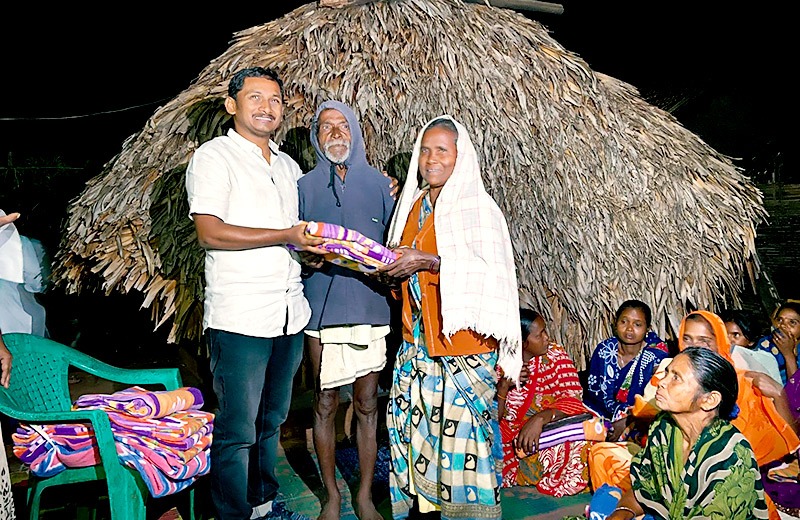
The grievous results of Untouchability
The Yanadi community, an indigenous tribal group predominantly found in the state of Andhra Pradesh, India, has a rich cultural heritage that is unfortunately marred by the historical practice of untouchability. Untouchability is a deeply ingrained social issue rooted in the caste system, where certain communities are considered "untouchable" and face discrimination and exclusion from mainstream society.
Historical Context
The Yanadi community, with its distinctive cultural practices and traditional way of life, has faced centuries of discrimination due to their tribal identity. The practice of untouchability has relegated them to the fringes of society, limiting their access to resources, opportunities, and basic human rights.
Social Exclusion
Untouchability has resulted in the social exclusion of the Yanadi community. Members of this tribe often encounter discrimination in social interactions, public spaces, and institutional settings. The stigma attached to their tribal identity has led to isolation and created barriers to social integration. This segregation has created a sense of isolation and perpetuated the cycle of poverty and disadvantage
Livelihood Challenges
Their livelihood revolves around selling honey from the jungles, and they maintain a considerable distance from mainstream society.
Economic Marginalization
The economic impact of untouchability on the Yanadi community is profound. Discrimination has restricted their access to education and employment opportunities, pushing many into low-paying and menial jobs. Economic exploitation further exacerbates the cycle of poverty within the community. The stigma associated with untouchability has limited their chances of upward mobility, trapping many in a cycle of poverty
Livelihood and Traditions
Traditionally, the Yanadi people were skilled hunters and gatherers. Over time, their livelihoods have diversified, incorporating activities such as agriculture and labor. However, economic hardships persist, and many Yanadis continue to face challenges in securing a sustainable income. Efforts to promote education and vocational training aim can empower the community economically.
Preservation of Cultural Heritage
Despite facing challenges, the Yanadi community is actively involved in preserving its cultural heritage. Traditional art forms, rituals, and oral traditions are passed down through generations, helping to maintain a strong sense of identity. Cultural festivals play a crucial role in fostering a sense of community and pride among the Yanadi people.
Access to Resources
Untouchability has historically restricted the Yanadi community's access to essential resources such as education, healthcare, and employment opportunities. Discrimination in schools and healthcare facilities has hindered their overall development, exacerbating existing socio-economic challenges within the community
Healthcare Disparities
Untouchability has also manifested in healthcare disparities, with members of the Yanadi community facing discrimination and neglect in healthcare facilities. This has contributed to their vulnerability to health issues and has hindered efforts to improve overall well-being.
Land and Housing Issues
The Yanadi community has faced challenges related to land ownership and housing due to untouchability. Discrimination has resulted in limited access to land, and instances of displacement have been reported. Housing discrimination further marginalizes the community, making it difficult for them to secure adequate living conditions.
To Eradicate Untouchability
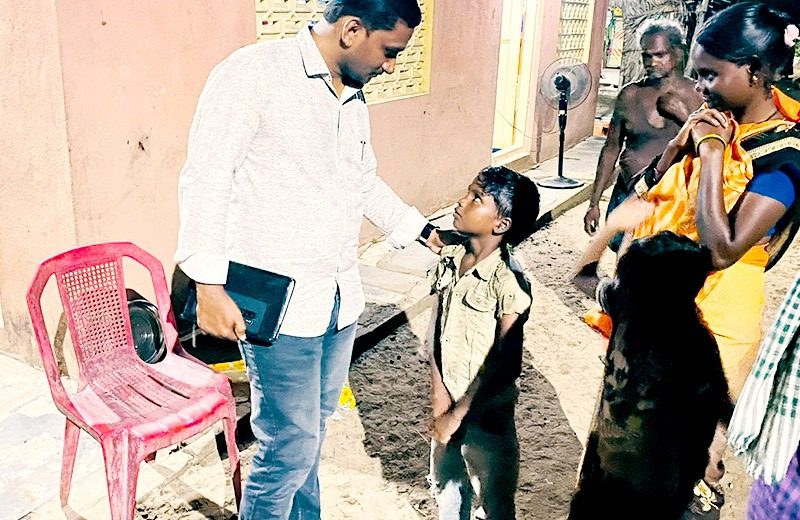
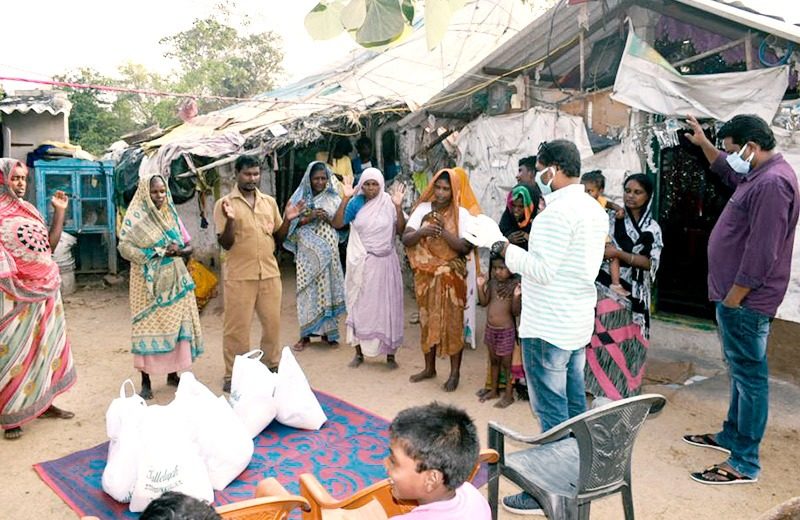
The Role of Hallelujah Ministries in Eradicating Untouchability
Vision and Commitment
Pas. Philip Yeluri's vision is rooted in a sense of social responsibility and compassion. His commitment to eradicating untouchability reflects a deep understanding of the challenges faced by the Yanadi community and a determination to bring about meaningful change.
Collaborative Approach
Recognizing the complexity of the issue, Pas. Philip Yeluri collaborates with various churches and organizations. This collaborative approach is essential in leveraging collective resources, expertise, and influence to address the multifaceted challenges of untouchability within the Yanadi community.
Community Empowerment
Pas. Philip Yeluri's efforts likely involve initiatives aimed at empowering the Yanadi community. This may include education programs, vocational training, and awareness campaigns to enhance their socio-economic status and break the cycle of discrimination.
Interfaith Engagement
Collaboration with various churches implies an interfaith engagement, emphasizing the universality of the cause. By working across religious denominations, Pas. Philip Yeluri fosters a sense of unity and shared purpose in addressing social issues, transcending religious boundaries for the greater good.
Advocacy and Awareness
Pas. Philip Yeluri is likely engaged in advocacy and awareness-building activities to highlight the issues of untouchability. Through public forums, discussions, and outreach programs, he may be raising awareness about the historical challenges faced by the Yanadi community and garnering support for their cause.
Grassroots Initiatives
Effective change often begins at the grassroots level. Pas. Philip Yeluri may be involved in grassroots initiatives, directly engaging with the Yanadi community to understand their specific needs, concerns, and spirations. This hands-on approach ensures that interventions are tailored to the community's unique circumstances.
Spiritual Guidance
As a pastor, Pas. Philip Yeluri likely provides spiritual guidance and support to the Yanadi community. By integrating spiritual principles with practical interventions, he fosters a holistic approach to addressing the social, economic, and cultural challenges of untouchability.
Building Alliances
Collaborating with other organizations demonstrates Pas. Philip Yeluri's ability to build alliances and create a network of support. These alliances can strengthen the impact of initiatives, mobilize resources, and foster a united front against untouchability.
In summary, Pas. Philip Yeluri's work to eradicate untouchability among the Yanadi tribal community is a testament to the transformative power of collaboration, vision, and a deep sense of social responsibility. By actively engaging with various stakeholders, he contributes to building a more inclusive and equitable society, guided by a commitment to justice and compassion.
